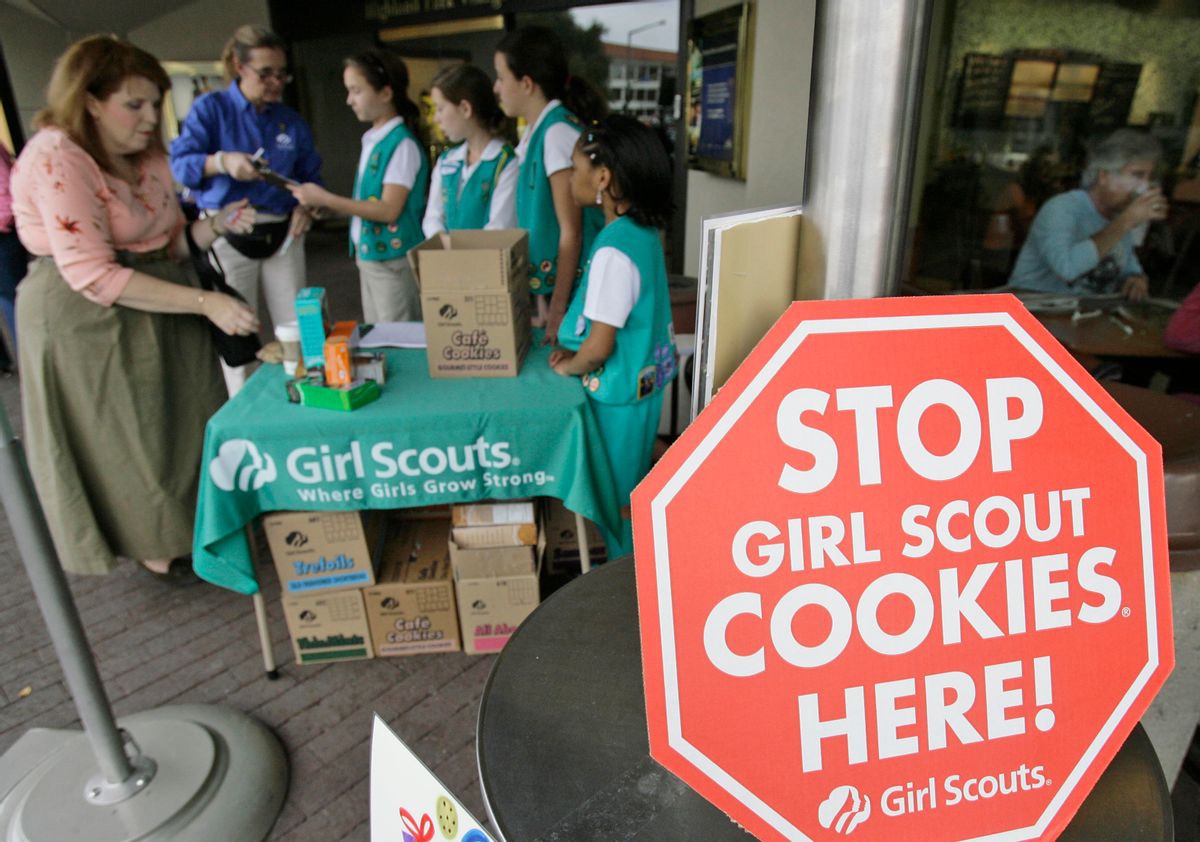Girl Scout Krystal Shaw spent a recent Saturday helping teens in Maryland learn about cybersecurity and online safety, particularly while using connected devices and the Internet of Things. Shaw held an event designed just for children between 6 and 13, to teach them how to stay safe online, wrote the Maryland Independent.
The Girl Scouts have had online safety front and center since 2018, when the organization started rolling out 18 different Cybersecurity badges for children from kindergarten to the 12th grade. While focused partially on computers and how they work, Girl Scouts must also learn how to safely navigate the online world and even know steps to take to protect themselves while using the internet in order to earn the badge.
Part of a push into science, technology, engineering and mathematics (STEM), the badges also focus on other areas where Girl Scouts can develop some expertise. This includes robotics, mechanical engineering and also space science.
Male students are much more likely to enroll in advanced courses before college in all of these fields than female students, according the National Girls Collaborative Project. Engineering classes, for example, enroll 3 percent of boys, but just 1 percent of girls, with computer science courses enrolling 7 percent of boys and just 4 percent of girls.
When they head to college, fewer women end up with degrees in many STEM fields, with just under 18 percent of computer sciences degrees going to women, and just over 19 percent of engineering degrees going to woman as well.
As Girl Scouts learning how smart devices and computers work, and how internet tools can help keep them safer online, they also broaden their own expertise in these areas, which they can pass along to others.
At the Charles County Potomac Library, Shaw invited a speaker from the U.S. Navy who spoke specifically about social media and security, and then guests were able to go to one of two sessions on either cybersecurity or the Internet of Things. Those who were Girl Scouts, also earned their new Cybersecurity badge.


Shares